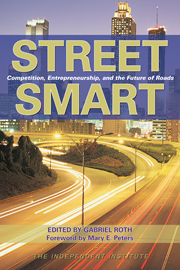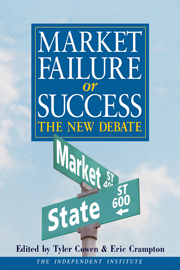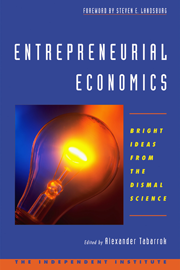When President Biden established the Disinformation Governance Board in 2022, it was dubbed his Ministry of Truth, evoking the dystopia of George Orwell’s 1984.
That Board was a project in censorship. “Disinformation” is the deliberate propagating of “misinformation.” But what is “misinformation”?
Last week, the European Union’s Digital Services Act became enforceable. One opponent of censorship says that it creates “massive enforcement powers for the European Commission to enforce hate speech and ‘misinformation’ rules.”
Such censorship projects are afoot throughout the world and online platforms, from governments and allies in private and non-governmental organizations.
It is not hard to discern the political bent of such projectors. That bent is plain from their selection of statements to censor, as well as from everything else known about those projectors.
Some might call the bent liberal, but more fitting is illiberal or anti-liberal. Michael Shellenberger and others speak of the censorship-industrial complex.
“Misinformation” is not the only verbal device used by anti-liberal projectors. They deploy a panoply of deceptive verbalisms, such as “fact-checker.”
A verbal deception often involves a false presupposition. The presupposition is left unsaid. Scrambling to defend themselves, victims of the deception are thusly burdened with articulating the presupposition themselves. Only then can they expose its falseness.
The burden is by design. The confusion is a feature, not a bug.
Anti-liberal projectors will be relentless in wielding the “misinformation” verbalism against us. Let us consider why that verbalism has been seized upon, the better to repel it.
As anti-liberals wield the term “misinformation,” the false presupposition in “misinformation” is in “information.”
The anti-liberal projectors are presupposing that the statements censored are a matter of mere information. That presupposition is false.
Suppose I am in a supermarket searching for peanut butter. I ask the clerk where to find the peanut butter, and he says “Aisle 6.” If it turns out that the peanut butter is in aisle 9, not 6, he has misinformed me.
The word “information” presupposes a rather straightforward standard by which we can resolve a difficulty.
The supermarket clerk will readily stand corrected once I let him know that I found the peanut in aisle 9 and not in aisle 6.
The reason it is merely a matter of information is because the words used, such as “peanut butter” and “aisle 6,” are straightforward in interpretation. They are not contested or disputed, and the reality as to the location of the peanut butter is readily established to everyone’s satisfaction.
People do not argue fervently over mere information. When people disagree sharply and contend violently, to the point of censorship, cancellation, or criminalization, what they argue over is not aptly called “information.” The difference is in how they interpret things and in how they judge among interpretations. The difference is in interpretation and judgment, not information.
Those who use “information” to speak of differences in interpretation and judgment are deceivers.
Differences in interpretation and judgment are what our civilization has striven to accommodate and keep peaceful. In 1787, James Madison wrote: “As long as the reason of man continues fallible, and he is at liberty to exercise it, different opinions will be formed.”
Consider statements censored as “misinformation,” such as whether Covid-19 virus came from a lab, or concerning the value of Ivermectin, or the incidence of myocarditis. The censors have often invoked the opinions of certain organizations, such as CDC or WHO. But the matter of what sources are trustworthy is a matter of interpretation and judgment, not information.
It would be a matter of information only if the censored voice had said, “The CDC said X” when the CDC had not said X. That, of course, is not what the censored voice is censored for.
Notice that the statements that are censored are statements contrary to the narratives actuated and protected by the censors. That is why they are censored.
If the anti-liberals who are behind the censorship projects were to confess the truth, they would admit that the statements they censor are matters of interpretation and judgment: “We censor statements and voices we don’t like.” They might add: “Misinformation is a word we use to shut you up.”
Would that these anti-liberal projects be that honest.
The character of the projectors, and the nature of their designs, would then be better understood by all.
Rather than platforming the testing and comparing of differing interpretations, they stomp on that glorious and liberal process, to protect their own opinions, interests, and agendas.
One may say that they themselves are the greatest purveyors of misinformation and practitioners of disinformation. But neglect not the traditional terms: Propaganda and lies.












